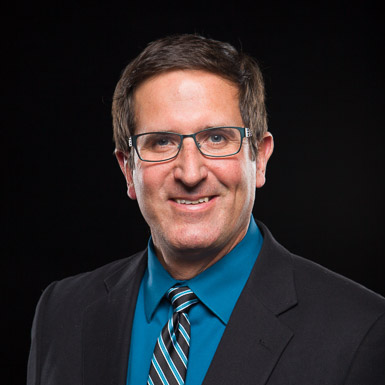Residential courses extend over the fall and spring semesters with a two-week break in the middle of each semester. To make them available for distance students, many of these will be live-streamed.
Ministering in times of need
During trying times, many people become more receptive to spiritual help as they seek answers to some of life’s biggest questions. When faced with traumatic circumstances, the end of a loved one’s life, work-related problems, or even everyday difficulties, people need answers and guidance from the only place they can be found—God’s Word. In your role as a chaplain, you will be presented with an abundance of opportunities to share the hope of the gospel with the lost and to disciple and encourage believers. The Graduate Certificate in Chaplaincy provides continuing education for those who serve or hope to serve as chaplains in the military, emergency services, and medical areas of public life. The training in this program will enhance your ability to exercise leadership, counsel individuals under stress, and effectively communicate God’s truth in a variety of circumstances.
Students take 15 credits of master’s level coursework that will prepare them for the specialized ministry that is needed in public service. Course content includes training in addictions, post-traumatic stress syndrome, marriage issues, conflict management, communication, and ethics and legal issues that chaplains are likely to encounter. All courses taken in this program can be applied to a Master of Divinity with a concentration in Military Chaplaincy. Like all of our programs, this certificate is available in a variety of course formats, all of which are highlighted below. Students need only have a bachelor’s degree with a 2.0 GPA to enroll in a graduate certificate program at BJU Seminary.
Chaplaincy program (15 credits)
Each student will be able to:
- Define and apply principles of Christian leadership
- Apply counseling principles to both everyday life and difficult situations
You will be prepared for:
- Military chaplaincy
- Emergency services chaplaincy (law enforcement, fire departments, EMS)
- Health Services chaplaincy (hospitals, hospice)
- Prison ministry
Courses
Required Courses
- SCM 632: Foundations of Biblical Counseling (3)
- SCM 780: Introduction to Chaplaincy (3)
- SCM 782: Ethics & Legal Issues in Chaplaincy (3)
